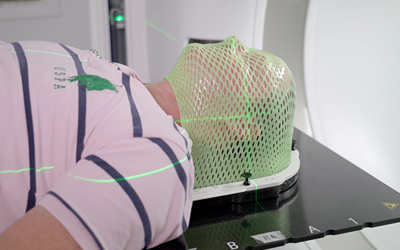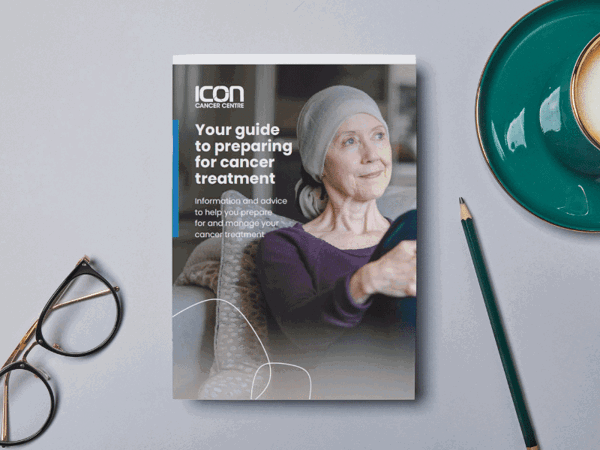
Tips for getting through treatment with a radiation therapy mask
Ionising radiation is produced naturally in soil, water and vegetation, and in man-made devices such as x-rays. There are three different ways a person may be exposed to radiation:
A planned event, where radiation is delivered deliberately with a specific purpose. This includes radiotherapy treatment, where the radiation dose has been carefully planned by a medical professional to safely and accurately meet your needs
Existing exposures, such as exposure to natural sources of radiation or radiation in a workplace
Emergency exposure situations, resulting from unexpected events including nuclear accidents or malicious acts
Extreme levels of radiation received in a short amount of time can cause damage to the body, such as in the case of emergency exposure situations.
Unlike these events, radiotherapy delivers targeted doses to cancer over multiple treatment sessions. This gives the body time to recover between each treatment session.
You can feel confident knowing Icon’s highly experienced team of radiation therapists, radiation oncologists and medical physicists work together to ensure you receive the safest and most effective radiation therapy treatment for your cancer.

Radiotherapy does not make you radioactive. External radiation beam therapy delivers high energy x-rays to a specific area of the body, which means the radiation doesn’t stay in your body before or after treatment. It’s completely safe for you to be around other people, including children and pregnant women.
Should you receive permanent brachytherapy, where a radioactive source is placed beside or inside your tumour, you may be slightly radioactive for a short time. The risk to your loved ones is very low, however you may need to avoid prolonged contact with young children and pregnant women during this period. This is because children and fetuses are more sensitive to radiation exposure than adults.
We bring together key information to help you manage cancer treatment including preparing for side effects, how treatment affects fertility, and more.

The content on the Icon Cancer Centre website is for informational purposes only and should not be considered medical advice. It is not a substitute for consultation with a qualified medical practitioner. For personalised medical guidance, please consult with your GP or another qualified healthcare provider.

Discover our comprehensive collection of content designed to inform, support, and guide you through every aspect of cancer care. From the latest news and updates to personal patient experiences and educational resources, these materials provide valuable insights to help you better understand cancer, treatment options, and the journey ahead.